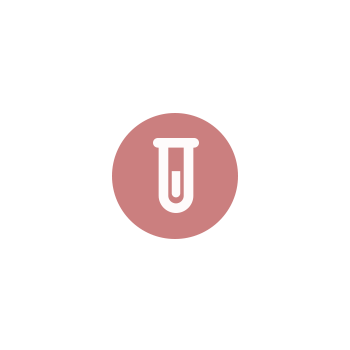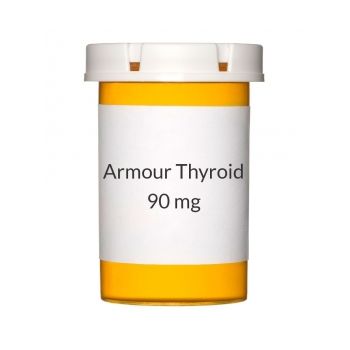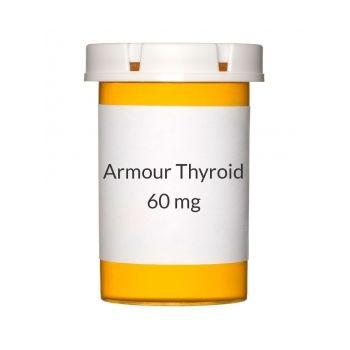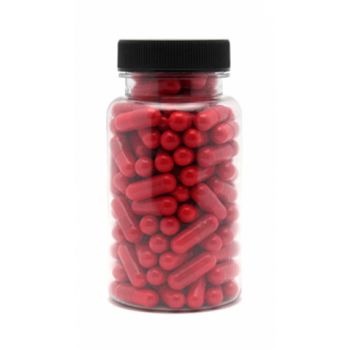Thyroid Profile II, Comprehensive LabCorp
LabCorp Test #: 027011; (CPT: 84436, 84443; 84479, 84480) - Includes T3 Uptake, Thyroxine (T4), Free Thyroxine Index, Triiodothyronine (T3), TSH

The Comprehensive Thyroid Profile II includes Free thyroxine index (FTI); T3 uptake (THBR); thyroid-stimulating hormone (TSH); thyroxine (T4); and Tri-iodothyronine (T3). Below is a breakdown of each of these tests:
Free thyroxine index (FTI) - Used for estimating the amount of bioavailable free thyroxine circulating in the bloodstream by calculating the total thyroxine and thyroid binding capacity (T-uptake).
T3 Uptake - is used to test for hypothyroidism, hyperthyroidism, and general thyroid function. This is used with total thyroxine or equivalent to provide FTI. The T3 uptake reflects available binding sites by indirectly measuring binding protein. T3 uptake is not a measurment of serum T3 and should never be tested alone. This is typically tested along with total thyroxine at minimum.
Thyroid-stimulating Hormone (TSH) - Used to test thyroid function and investigate a low thyroxine result. TSH is high in primary hypothyroidism and low tsh occurs in hyperthyroidism. When testing for the evaluation of therapy in hypothyroid patients receiving various preparations of thyroid hormone - low values are found in states of excessive thyroid replacement, while a normal result on a sensitive TSH assay is acceptable evidence of adequate thyroid replacement.
Thyroxine (T4) - Used to test thyroid function; T4 is decreased in those diagnosed with hypothyroidism and in the third stage of painful subacute thyroiditis, while increased with hyperthyroidism, with subacute thyroiditis in its first stage and with thyrotoxicosis due to Hashimoto disease. Used to diagnose T4 toxicosis.
Triiodothyronine (T3) - Used to test thyroid function for the diagnosis of T3 thyrotoxicosis, in which T3 is increased and T4 is within normal limits. T3 toxicosis is occasionally found in Graves' disease. It occurs with a single toxic nodule, multinodular thyrotoxicosis, and following treatment with T3 (i.e. Cytomel). It is increased in and occasionally helpful for confirmation of diagnosis of conventional hyperthyroidism in which commonly both T3 and T4 levels are increased. T3 is needed in patients with clinical evidence for hyperthyroidism, in whom the usual thyroid profile is borderline.
To read more about the Complete Thyroid Profile II, click here: https://www.labcorp.com/test-menu/35806/thyroid-profile-ii-comprehensive





